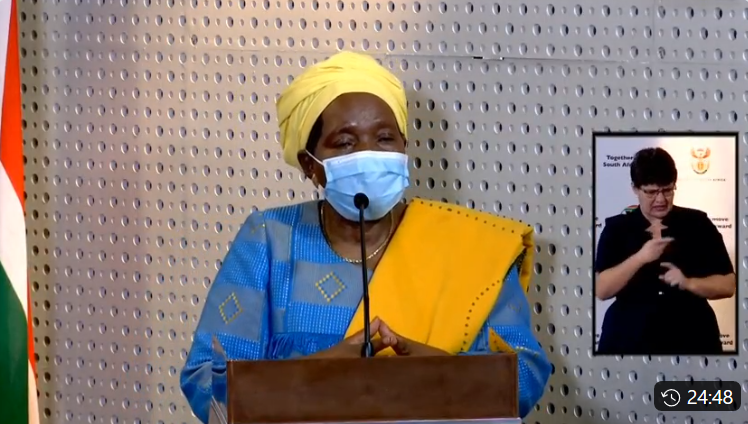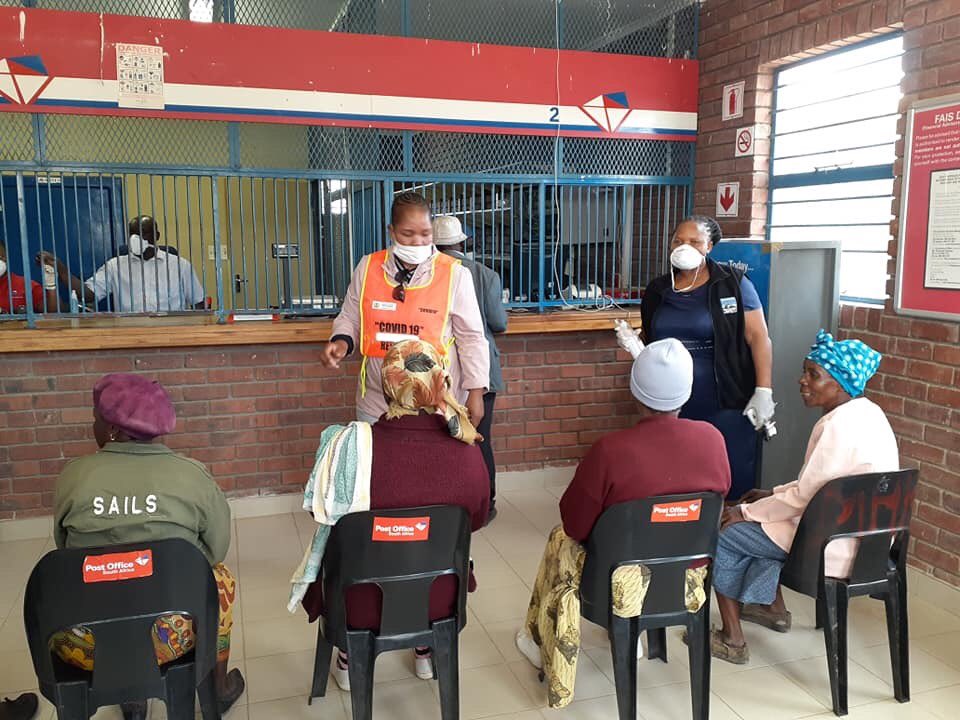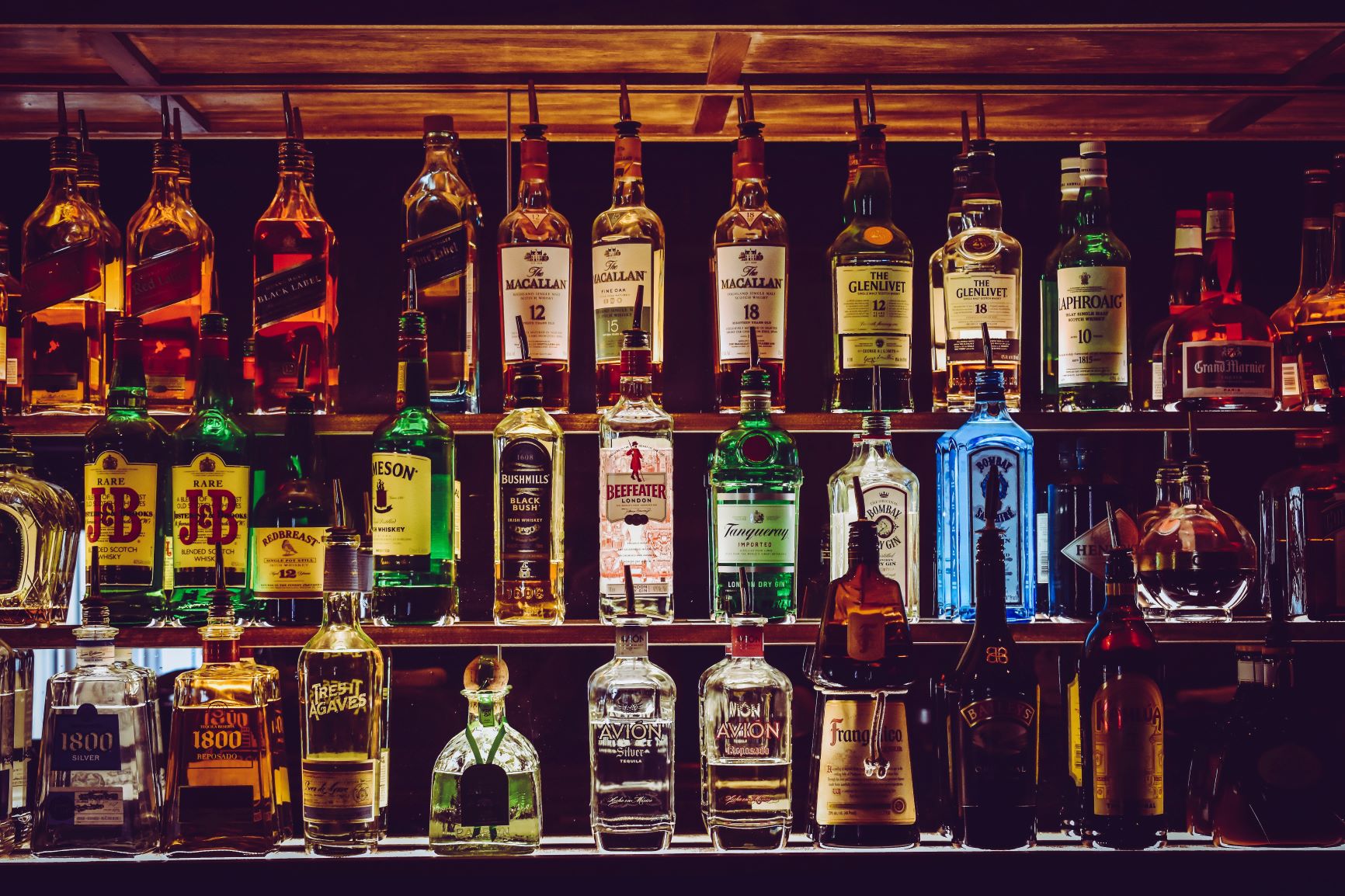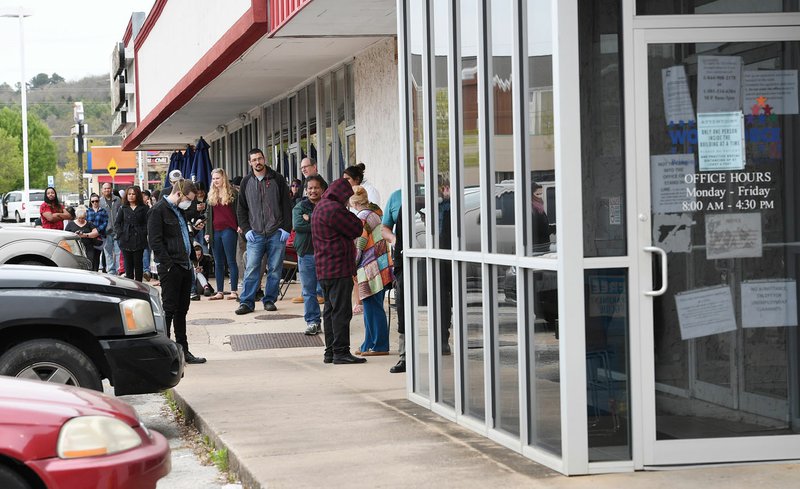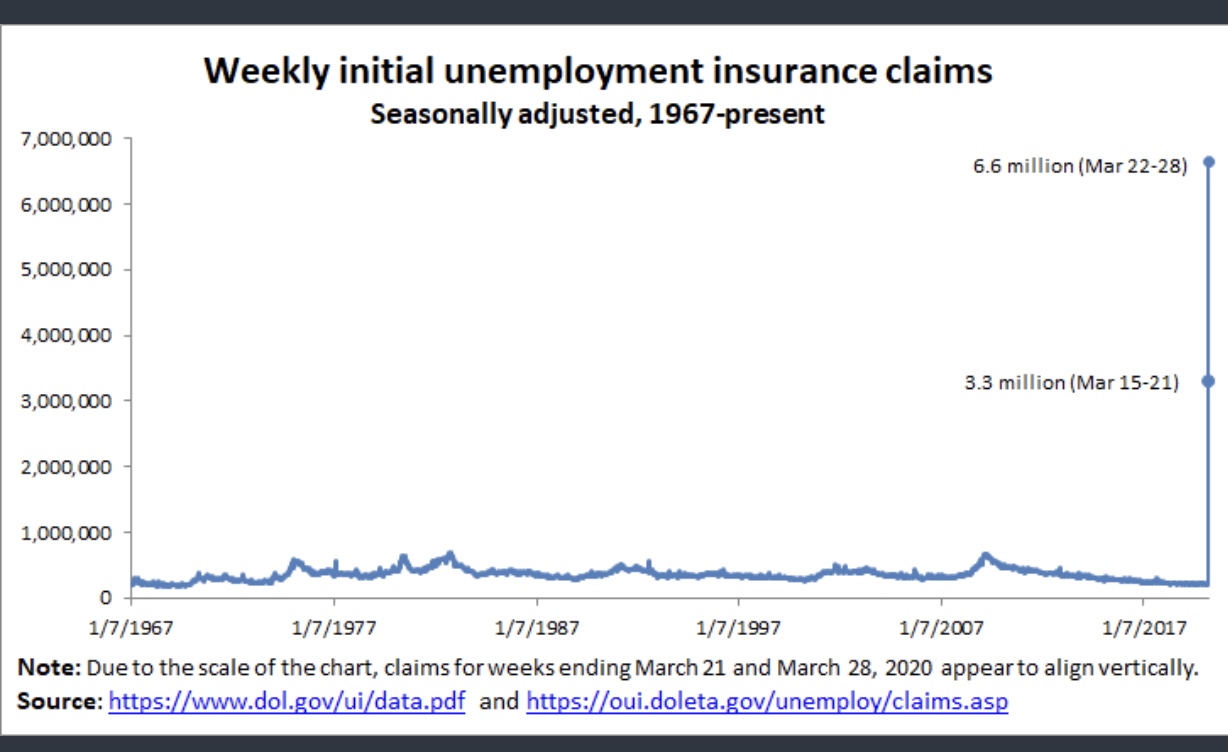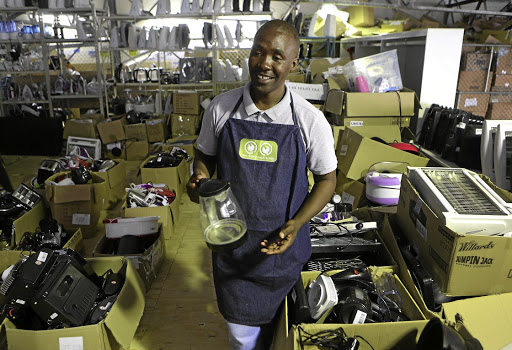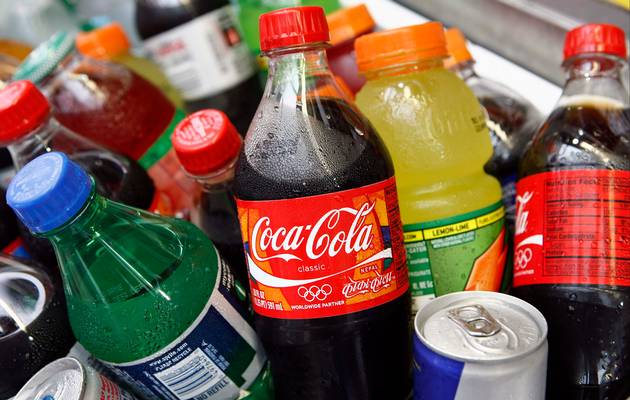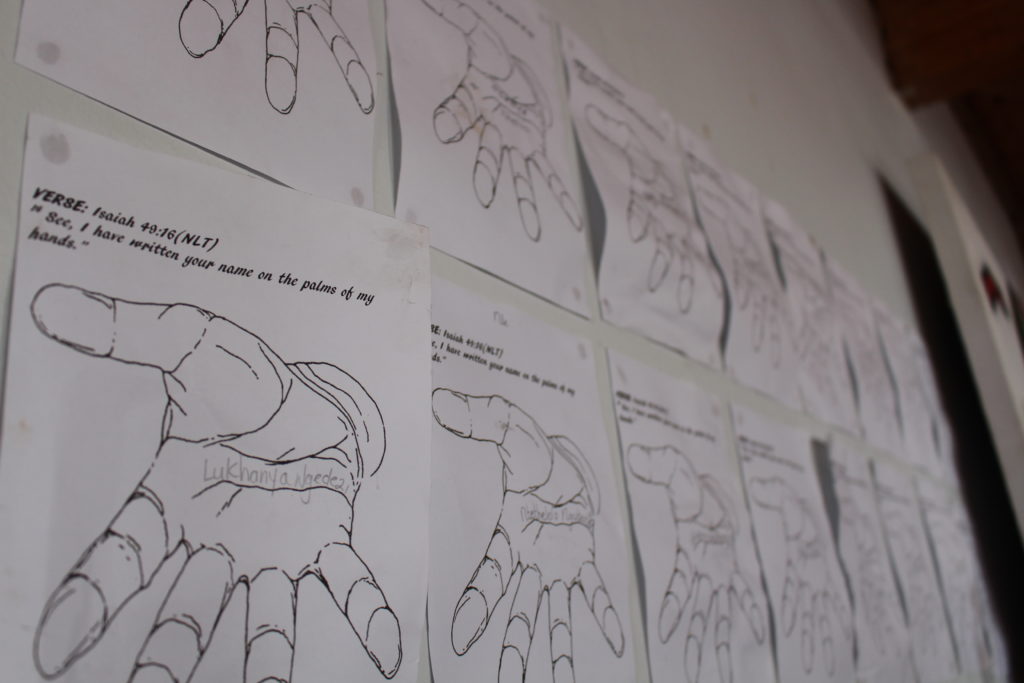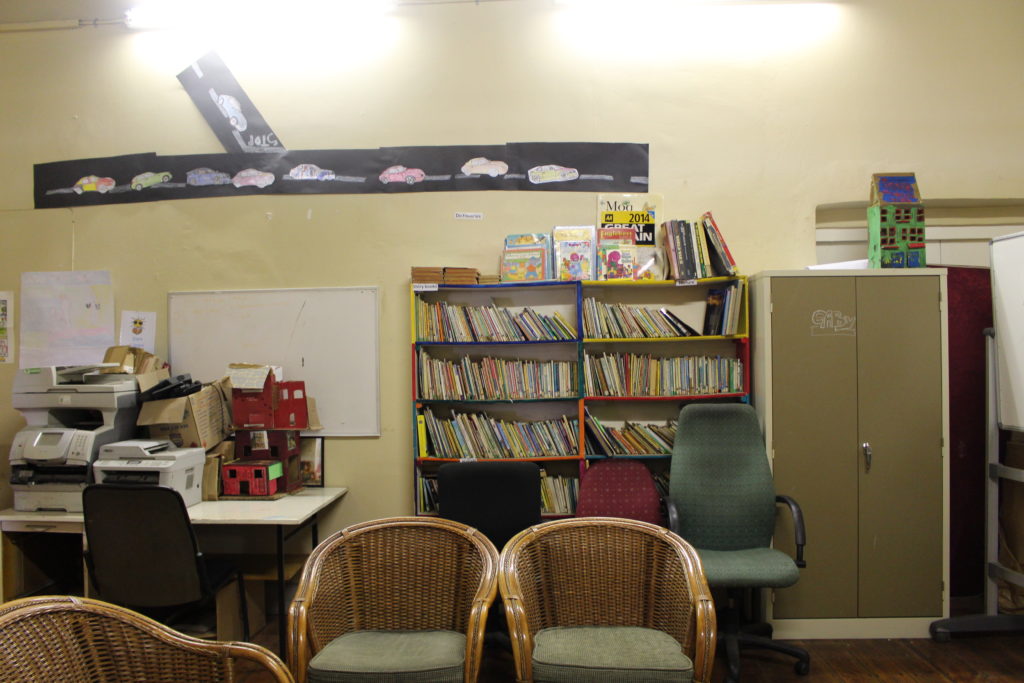By Skylar Thoma
MAIN IMAGE: SA President Cyril Ramaphosa has announced a plan for R500 billion in government spending to address the economic effects of the coronavirus pandemic. SOURCE: Twitter @PresidencyZA
South African President Cyril Ramaphosa announced the largest economic relief package in South Africa’s history, amounting to approximately 10 percent of the country’s Gross Domestic Product, in a televised address Tuesday evening.
The R500-billion stimulus package includes increased spending on health care, additional social grants, and loan guarantees.
Explaining the plan to the nation, Ramaphosa defended the current nationwide lockdown as “absolutely necessary” but acknowledged that measures to combat the virus have severely damaged the country’s economy, which had already been struggling prior to the outbreak of the epidemic.
“The pandemic requires an economic response that is equal to the scale of the disruption it is causing”, he said.
As part of the massive surge in spending, R20bn will go to health care interventions, R200bn will be spent on loan guarantees, R100bn on job creation and support, and R20bn on supporting municipality spending.
Social grants will also be increased for a six-month period. Recipients of child care grants will see their grants go up by R500, and people who are unemployed and not receiving any social grants can apply for a temporary R350 monthly grant.
Ramaphosa also announced tax deferments and certain tax holidays for companies, including a three-month holiday on carbon taxes. In total tax measures will amount to an additional R70bn in relief.
The government will pay for R130bn of the package by transferring funds from other government departments.
The remaining money will have to be borrowed from external sources, such as the International Monetary Fund (IMF) and the World Bank. The IMF had announced on Tuesday that South Africa could be eligible for $4.2 billion USD (R80 billion) in loans under certain conditions, according to Bloomberg.
Finance Minister Tito Mboweni is scheduled to announce details of how the plan will be funded, and is due to present an adjustment budget for the country. However, a time for this has not yet been specified.
Opposition parties generally welcomed Ramaphosa’s announcement. The DA said the president’s plan, “if executed correctly, could be the kick-start our economy needs to recover from the effects of Covid-19 and the lockdown”.
The EFF released a cautiously optimistic endorsement of the president’s stimulus package, calling the increases in social grants “a step in the right direction”. But the party asked for further details of how the relief will be implemented before they fully embrace the government’s strategy.
Some worry the stimulus package will not be enough. Reuters reports that COSATU, which participates in the National Economic Development and Labour Council, had demanded a stimulus package of 1 trillion Rand.
University of Witwatersrand economist Gilad Isaacs raised a number of concerns in an opinion piece about Ramaphosa’s plan. For instance, he suggested the amount that would be needed for the additional social grants would exceed the amount that had been set aside for that purpose.
Isaacs also pointed out that South Africans are generally skeptical of international financial institutions like the IMF which he said were “notorious for accompanying loans with anti-poor, pro-market measures of deregulation and slashing government and social spending”.
Ramaphosa promised that details of further relief efforts will be announced in the coming days. Plans to ease the lockdown in order to restart the economy in a phased way are expected to be announced on Thursday night when Ramaphosa is due to address the nation again.





